Joanne Antoine Executive Director Common Cause Maryland | Official website
Joanne Antoine Executive Director Common Cause Maryland | Official website
On April 17, 2024, the Maryland Senate faced criticism for failing to pass a bill that would have expanded automatic voter registration policies to include the Department of Public Safety and Correctional Services (DPSCS), thus guaranteeing access to voter registration and the ballot for justice-impacted residents.
"Maryland had an opportunity to prioritize access to voter registration for those impacted by the criminal legal system, but let politics get in the way," expressed Joanne Antoine, executive director of Common Cause Maryland.
Keshia Morris Desir, justice and democracy manager at Common Cause, highlighted the importance of the bill by stating, "Everyone deserves to have a fair say in the decisions that shape the lives of our children and families."
Nicole D. Porter, Senior Director of Advocacy with The Sentencing Project, condemned the Senate's inaction, saying, "Voting is a fundamental human right in America, not a privilege for a select group of citizens. It is a shame that Maryland lawmakers chose not to advance this legislation."
The bill, known as HB 627, had passed the House with strong support in March, positioning Maryland to become the second state after Michigan to include state correctional facilities under automatic voter registration.
Advocates and organizations, including the National Voting in Prison Coalition and the Expand the Ballot, Expand the Vote coalition, had worked tirelessly to push for the bill's passage. The coalition, which comprises grassroots, state, and national organizations led by formerly incarcerated individuals, aimed to fight voter suppression and ensure that underrepresented communities are aware of their right to vote.
Despite the setback in the Senate, advocates remain committed to promoting democracy and inclusion for all citizens, especially those who have been impacted by the criminal justice system.
The failure to advance this legislation has raised concerns about the marginalized populations in Maryland who continue to be excluded from the democratic process due to past criminal convictions. As the state grapples with the aftermath of this decision, the push for voter rights for justice-impacted individuals remains a crucial issue for advocates and activists in Maryland.
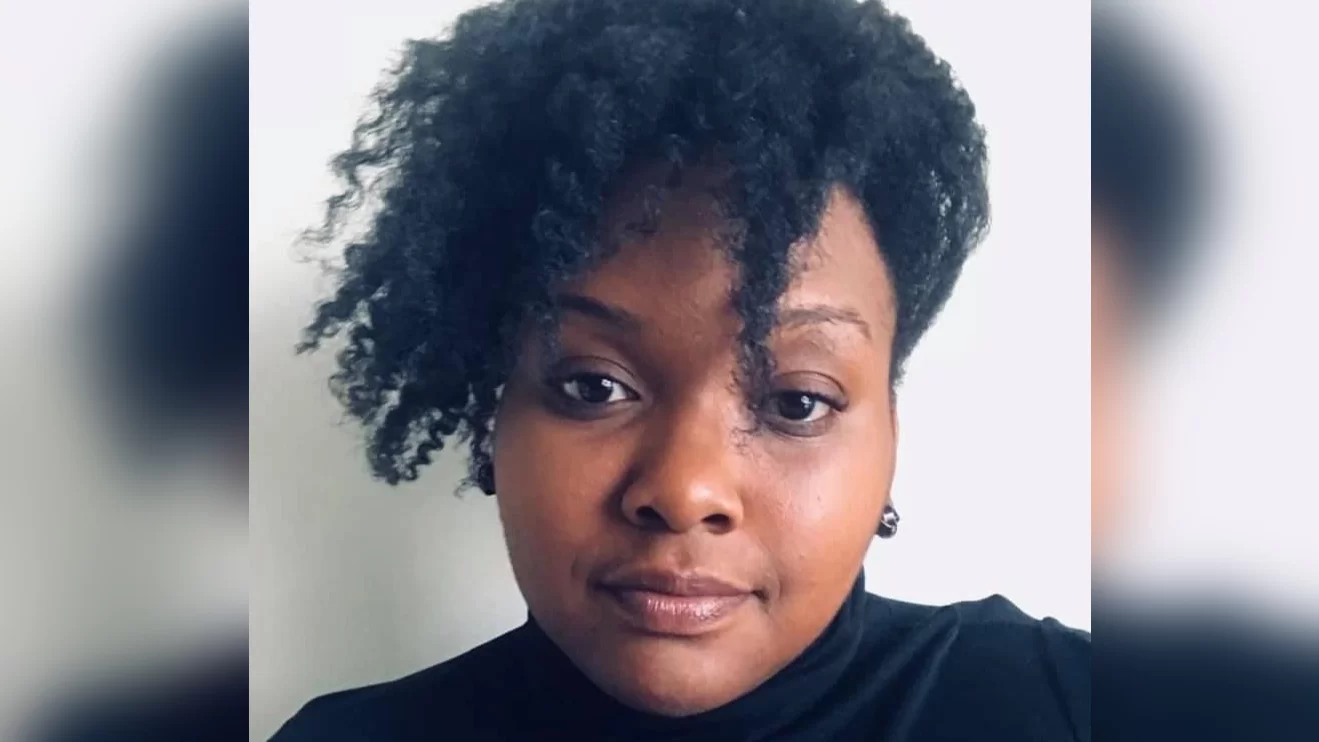

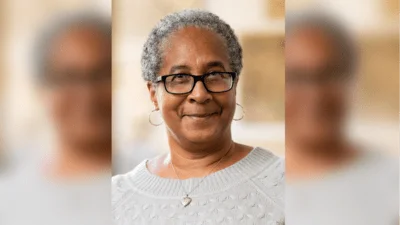
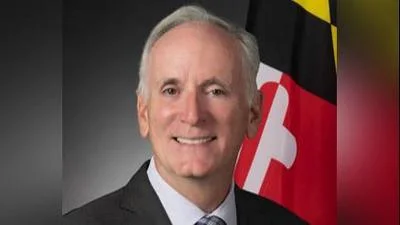
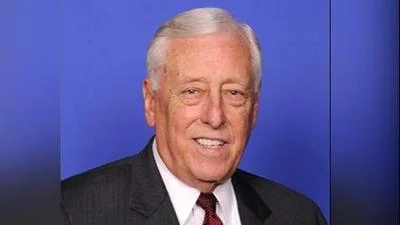
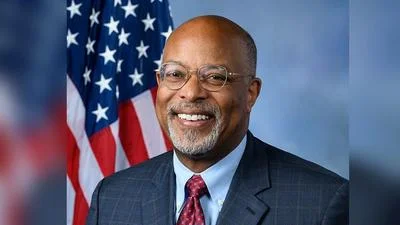
 Alerts Sign-up
Alerts Sign-up